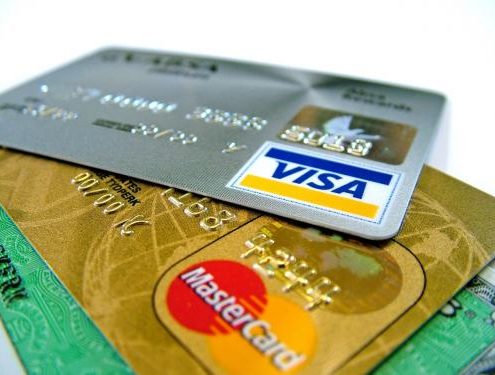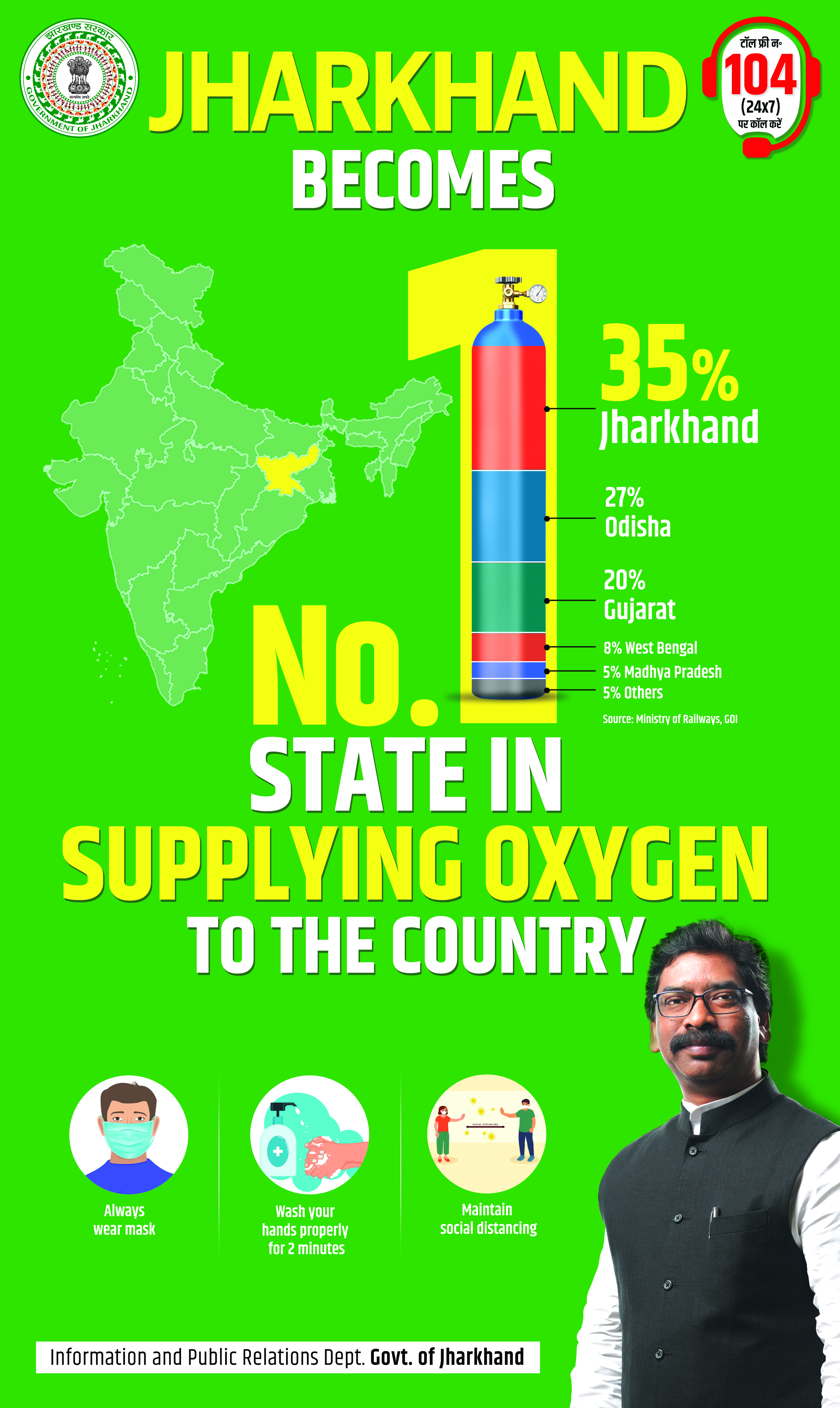
What's changing and how!( Reports Times of India)
The Times of India reports that from January 1, 2022, sensitive credit or debit card information such as card number CVV and expiry date cannot be stored by merchants while processing online transactions.
The country's apex bank Reserve Bank of India has directed all sellers in India such as Amazon, Flipkart and Zomato to delete card information stored earlier to enhance the security of online transactions.
The regulator has allowed card networks like Visa, Mastercard or RuPay to issue tokens on request on behalf of the card-issuing banks or companies. This new system, called tokenisation, will be safer as actual card details will not be allowed to be stored by the merchants thereby reducing the possibility of data theft and fraud. However, success of this scheme will depend on the preparedness of the merchants.
What is tokenisation of credit and debit cards
Card tokenisation is a process by which card details are replaced by a unique code or token, allowing purchases to go through without exposing sensitive details.
Is this a new concept
No, it already exists in India. United Payment Interface (UPI) uses the tokenisation concept, making it one of the safest online payment systems.
Who will benefit from tokenisation of credit and debit cards
The tokenisation of cards aims to benefit the consumers who use online payments. This will make online payments safer. RBI has told merchants to create a 'token reference number' against each token. Only these reference numbers are stored by the merchants. Once a fraud is detected, the same token cannot be used again. Users will have to request for a new token.( Report courtesy The Times of India)
